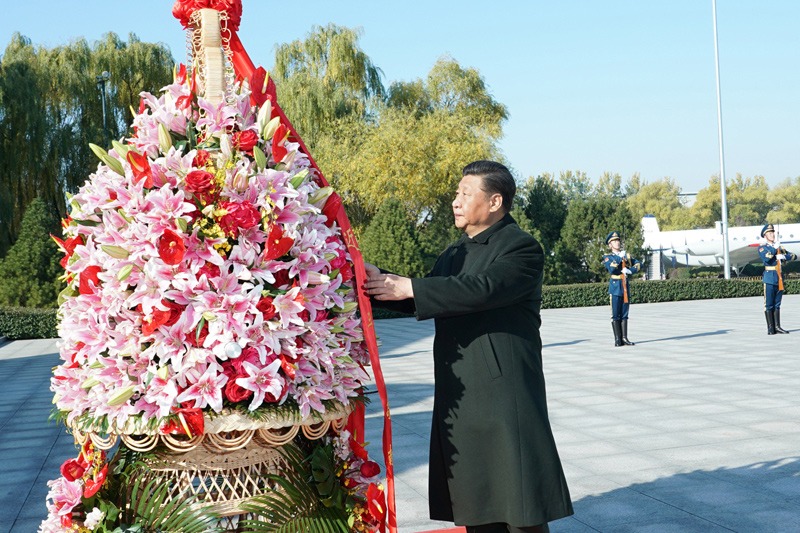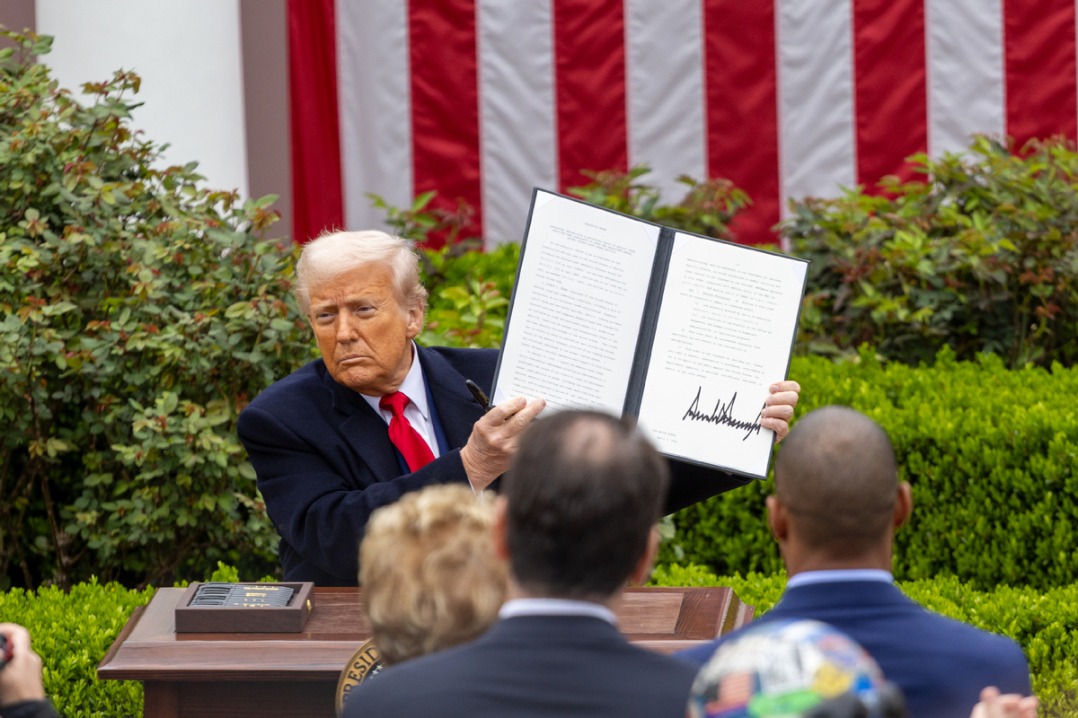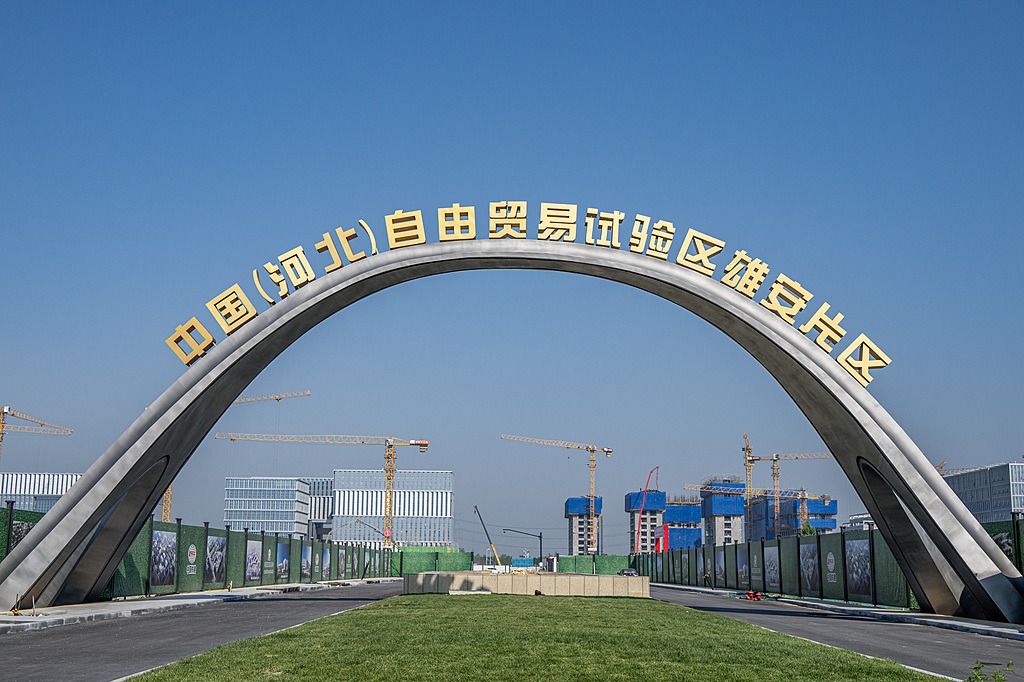Report: Critique of the South China Sea Arbitration Award

Part IV. The composition and representativeness of the South China Sea Arbitration Tribunal
The constitution of an international court or tribunal should represent, to the greatest extent feasible, the main forms of civilization, the principal legal systems, or the geographical regions in the world where judges or arbitrators come from. This requirement is conducive to safeguarding the impartiality of the court or tribunal. It provides a pre-emptive bar to the possible prejudices of judges or arbitrators, helping to guarantee that the judgment or award be made in accordance with international law, not some one-sided understanding of it, and ultimately to settle the dispute in a way that is the most acceptable to the parties.
In the South China Sea arbitration, the five arbitrators are from Germany, Poland, France, the Netherlands and Ghana. Among them, none is from Asia, four are European Union citizens from civil law countries; and the only one from outside Europe had spent the better part of his life in Europe.
It is obvious that the composition of the Tribunal does not represent a global cross-section of geographical areas, leading forms of culture or legal and historical perspectives. There was no member from Asia. This problematic constitution resulted in a tribunal that lacked meaningful cognizance of and thus took little account of Asian cultures, diplomatic and legal traditions, and other regional factors which should have informed its decision making in the Arbitration.
Part V. China's position and proposals on the proper settlement of the disputes in the South China Sea
1. China opposes and does not accept any claim or action based on the Arbitration Award, and has spared no efforts to settle, on the basis of respecting historical facts, the disputes with the Philippines and other countries directly concerned, through negotiation and consultation in accordance with international law and practice.
According to international law, whichever mechanism or way is chosen to settle disputes between states, shall be based on "state consent" and cannot go against the will of the sovereign state. However, in the South China Sea arbitration case, the Philippines abused the dispute settlement mechanism of UNCLOS by unilaterally initiating arbitration. The Arbitral Tribunal exceeded its jurisdiction over a matter that should not have been subject to its jurisdiction, subjectively interpreted and applied UNCLOS in a manner that was clearly erroneous in determining the facts. The South China Sea arbitration case runs counter to the general principles and universal practices of international arbitration, deviates from the goals and purposes of UNCLOS, which is to promote peaceful settlement of disputes, undermines the integrity and authority of UNCLOS, violates the principle of "state consent" and infringes on China's legitimate rights as a sovereign state and a party to UNCLOS. China opposes and does not accept any claims or actions based on the South China Sea Arbitration Award.
China always abides by the purposes and principles of the Charter of the United Nations and is committed to upholding and promoting the international rule of law. It respects and acts in accordance with international law. While firmly safeguarding its territorial sovereignty and maritime rights and interests, China adheres to the position of settling disputes through negotiation and consultation and managing differences through rules and mechanisms. It endeavors to achieve win-win outcomes through mutually beneficial cooperation. It maintains that the issue of maritime delimitation in the South China Sea should be settled equitably through negotiation with countries directly concerned in accordance with international law, including UNCLOS. Pending the final settlement of this issue, all relevant parties must exercise self-restraint in the conduct of activities that may complicate or escalate disputes and affect peace and stability.
2. China is committed to making the South China Sea a sea of peace, cooperation and friendship.
China is firm in upholding its sovereignty over Nanhai Zhudao and its surrounding waters. Some countries have made illegal territorial claims over and occupied by force some islands and reefs of Nansha Qundao. These illegal claims and occupation constitute gross violations of the Charter of the United Nations and basic norms governing international relations. They are null and void. China consistently and resolutely opposes such actions and demands that relevant states stop their violation of China's territory.
China believes, pending the final settlement of maritime disputes, the states concerned should exercise restraint and make every effort to enter into provisional arrangements of a practical nature, including establishing and improving dispute management rules and mechanisms, engaging in cooperation in various sectors, and promoting joint development while shelving differences, so as to uphold peace and stability in the South China Sea region and create conditions for the final settlement of disputes.
China consistently maintains that the Parties push forward consultations on the COC for the South China Sea under the framework of full and effective implementation of the DOC, with a view to achieving an early conclusion based on consensus. To properly manage risks at sea, pending the conclusion of the COC, China proposed "Preventive Measures to Manage Risks at Sea". This proposal has been unanimously accepted by all ASEAN Member States.
China is committed to maintaining peace and stability in the South China Sea with other countries in the region and upholding the freedom of navigation and overflight in the South China Sea enjoyed by other countries under international law. China urges countries outside this region to respect the efforts in this regard by countries in the region and to play a constructive role in maintaining peace and stability in the South China Sea.
The South China Sea is a bridge of exchanges and a bond of peace, friendship, cooperation and development between China and its neighbors. Peace and stability in the South China Sea are vital to the security, development and prosperity of the countries and the well-being of the people in the region. To realize peace, stability, prosperity and development in the South China Sea region is the shared aspiration and responsibility of China and the ASEAN Member States. There is no alternative to giving up confrontation and conducting cooperation if they are to realize long-term peace and stability in the South China Sea.
This report is released by Huayang Center for Maritime Cooperation and Ocean Governance, National Institute for South China Sea Studies and Chinese Society of International Law.



































